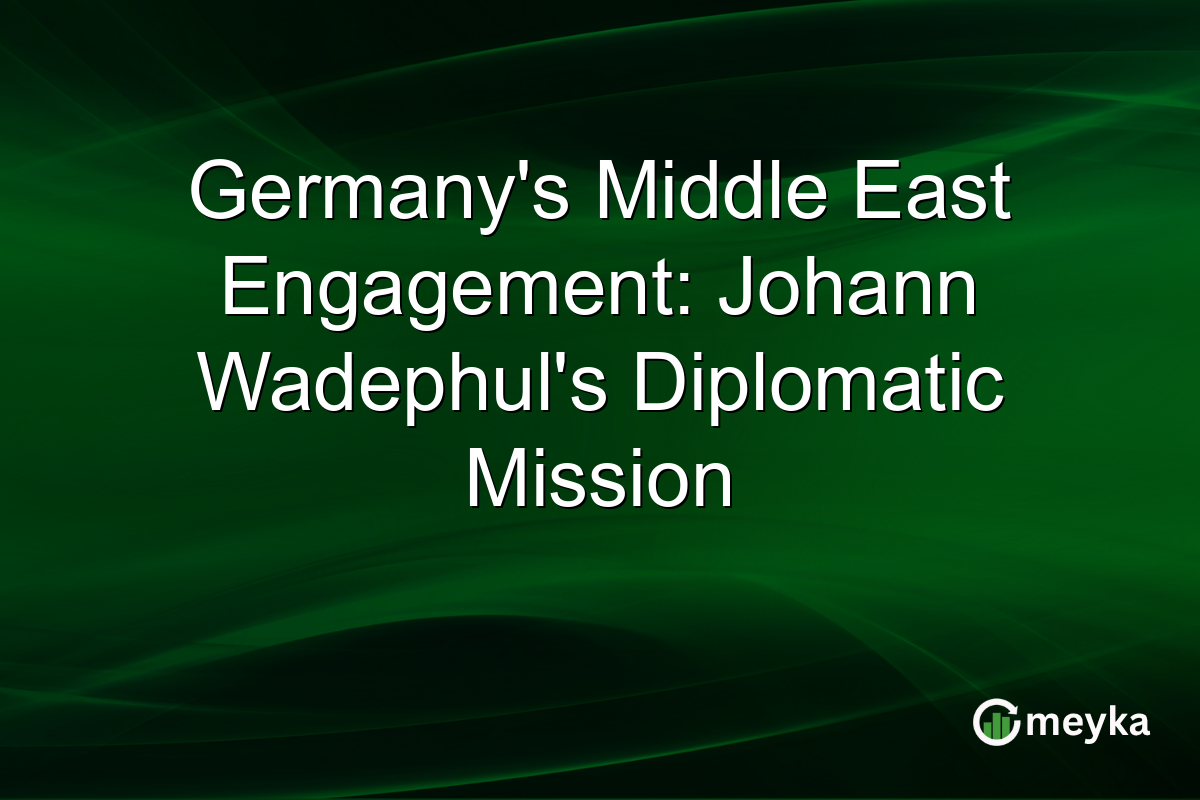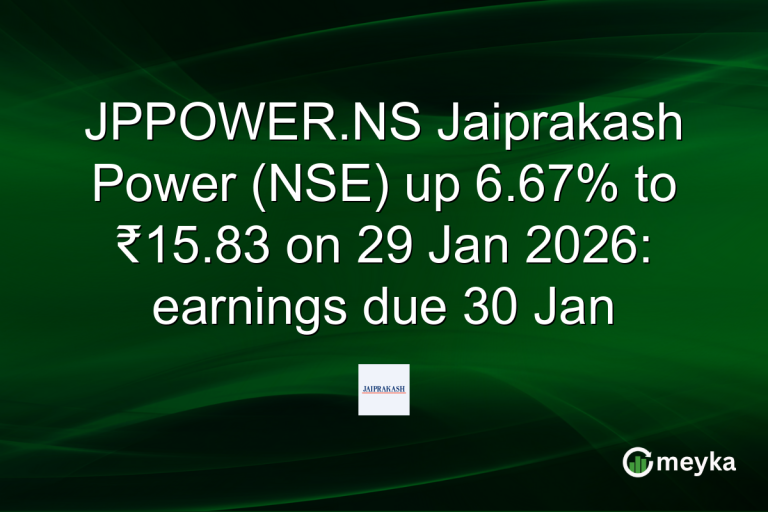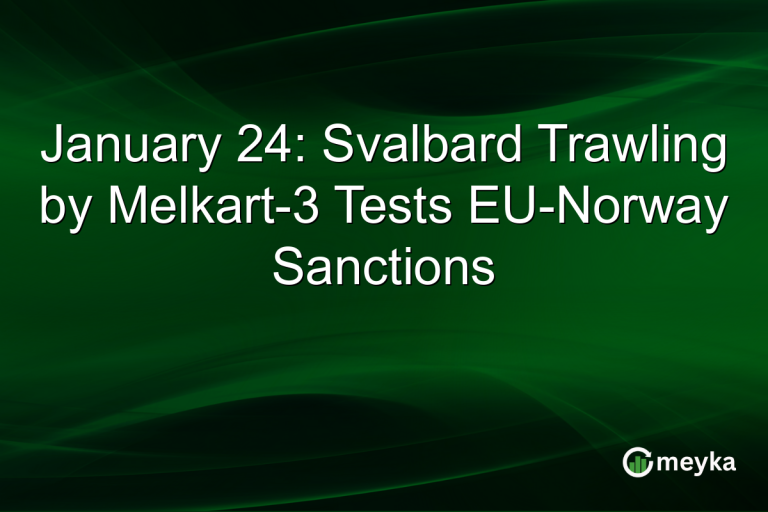Germany’s Middle East Engagement: Johann Wadephul’s Diplomatic Mission
Germany’s Middle East engagement strategy is under the spotlight as Johann Wadephul, the German Foreign Minister, embarks on a crucial diplomatic tour of the region. His visit, which includes a significant stop in Israel, underscores Germany’s role in regional security and its dedication to fostering stronger ties with Middle Eastern nations. The diplomatic mission aims to address complex geopolitical issues and deliver important messages from regional leaders to Israel, enhancing Germany’s influence in the area.
Continue Reading on Meyka
This article is available in full on our main platform. Get access to complete analysis, stock insights, and more.
Read Full Article →





